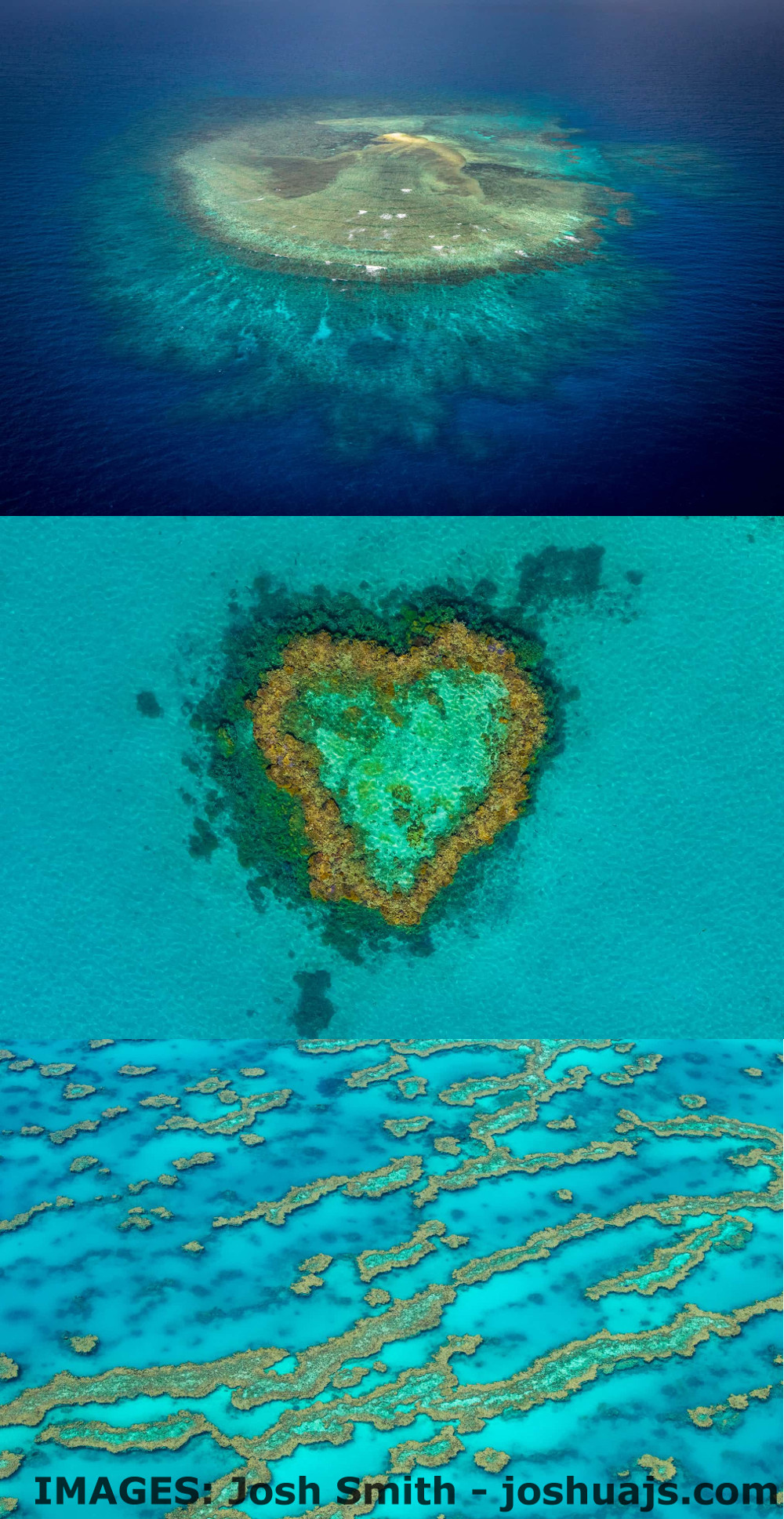Reef threats updated
 A new review outlines a critical moment for the Great Barrier Reef.
A new review outlines a critical moment for the Great Barrier Reef.
The 2024 Great Barrier Reef Outlook Report presents a stark assessment of the future of this iconic World Heritage Site.
Despite some recovery in specific areas, the report concludes that the Reef faces long-term decline, primarily due to climate change.
Issued by the Great Barrier Reef Marine Park Authority (GBRMPA), the report is the fourth in a series of five-yearly reviews that evaluate the Reef’s health, management, and the emerging threats to its survival.
The report identifies climate change as the most significant threat to the Great Barrier Reef.
Over the past five years, rising sea temperatures and frequent severe cyclones have compounded existing issues like poor water quality, crown-of-thorns starfish outbreaks, and fishing pressures.
These climate-driven impacts are set to worsen, with “future warming already locked into the climate system”, leading to inevitable degradation.
GBRMPA CEO Josh Thomas said; “Global, national, and local action to reduce greenhouse gas emissions is vital”.
Despite the Reef's natural resilience, its ability to recover is increasingly compromised by these escalating threats.
he report notes improvements in coral habitats and seagrass meadows due to periods of low disturbance and effective management.
Fast-growing corals on mid- and offshore reefs have shown recovery, and seagrass abundance either improved or remained stable in about 60 per cent of monitored sites between 2020 and 2023.
However, these gains are fragile, with the Reef’s recovery ability severely threatened by ongoing climate change.
Dr Roger Beeden, GBRMPA’s Chief Scientist, acknowledged the effectiveness of management actions like the crown-of-thorns starfish control program but warned that these efforts are overshadowed by broader climate impacts.
“The research and assessments in the Outlook Report help us understand where the greatest challenges to the Reef’s resilience lie,” he said.
The Biodiversity Council, comprising experts from 11 Australian universities, responded to the report with concern, criticising its tone as overly optimistic.
“The commentary and key findings released with the report gloss over the gravity of the situation. The Great Barrier Reef is in very serious trouble,” the Council says.
The Council argues that the Reef is in “major long-term decline” and that current efforts are insufficient.
The report highlights significant declines in key species, including marine turtles, sharks, rays, and seabirds.
Dugong populations in the southern Reef are declining, and marine turtles are showing poor body condition, which impacts breeding success.
Associate Professor Nicki Mitchell from the University of Western Australia described the situation for Queensland’s sea turtle populations as “grim”, noting the compounded impacts of climate change on their survival.
The Albanese Government has announced an additional $192 million to improve water quality and support the Reef’s resilience.
This funding, part of the $1.2 billion Reef 2050 Long Term Sustainability Plan, will focus on reducing nutrient runoff and controlling invasive species.
Minister for the Environment Tanya Plibersek has emphasised the importance of these measures but experts warn that these efforts must be matched by stronger climate action.








 Print
Print